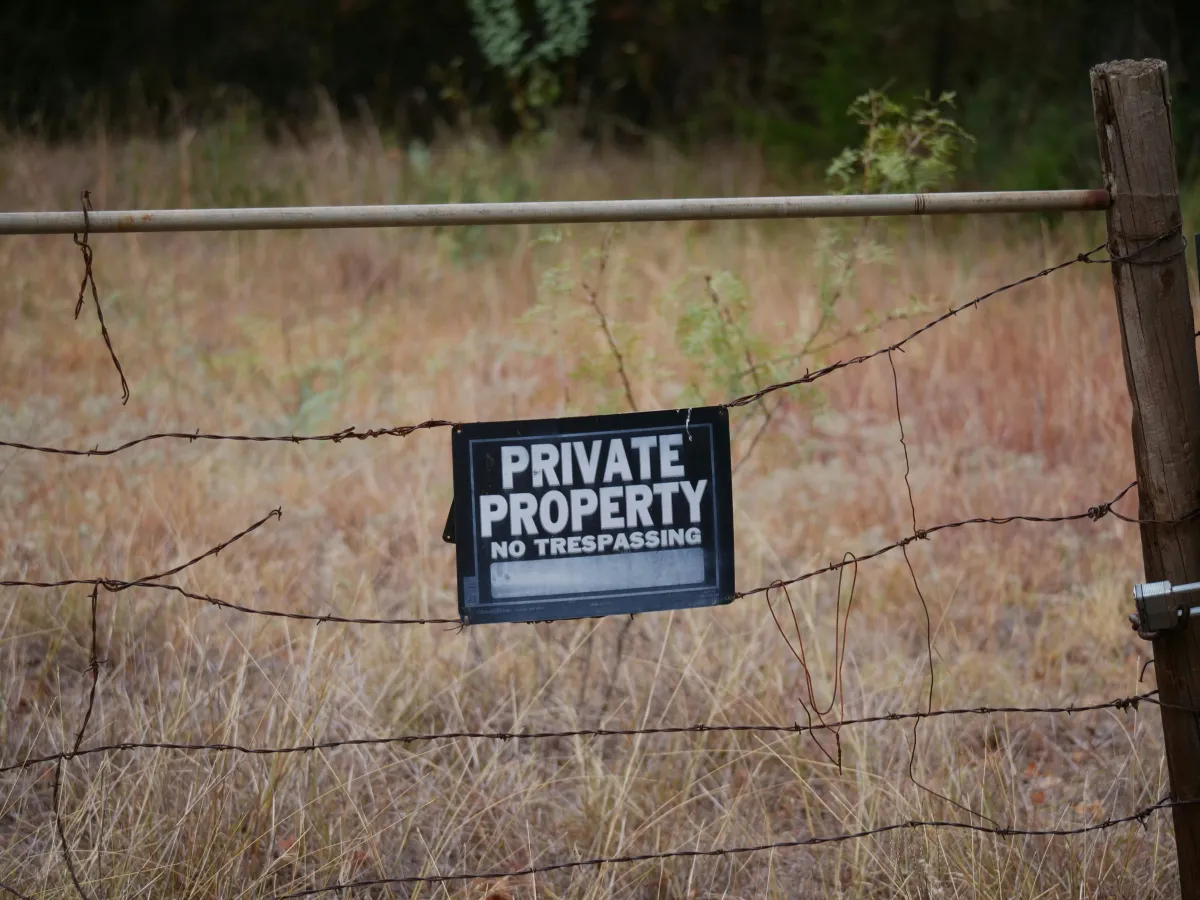
Land & Legal Justice
Land & Legal Justice
In 1910, colonial law declared chiefs as little more than administrators of dispensation — controlling land but not owning authority. Traditional leaders who once held ancestral land under customary law saw their power stripped. By 1994, Codesa negotiations ignored restoring land or rightful authority to kings and chiefs. Even after democracy, many traditional leaders continue to wait for clarity, legal recognition, and control over lands that have always been theirs.
“Land without law is land without justice.”
The Challenge
The 1913 Natives Land Act codified dispossession, it restricted Black people from acquiring land outside “native reserves.”
After apartheid, many expected restitution to include recognition of traditional leadership. Instead, Codesa and the new Constitution recognized traditional leaders only in limited advisory capacity, but did not fully return legal land rights or authority.

Implementation since 1994 has been slow. Legislation and courts still do not always give kings full control over customary land tenure. Rural areas remain caught between government land administration and customary claims. Delays leave chiefs without power to protect community land from encroachment by private developers, undocumented settlers, or mining interests.
Historical Parallels & Current Laws
In settler colonial states, royal charters often included land grants under chiefs or traditional rulers. The authority of kings was central in allocating territory.
In South Africa, the 1996 Constitution recognises “the institution of traditional leadership, according to customary law” but requires that legislation define their role.
Academic studies show that land tenure reform in former Bantustans still leaves traditional authorities undervalued, holding symbolic rather than decision-making power.
RACC’s Response
We are pushing for legal clarity and empowerment. RACC supports processes that restore land rights to royal leaders, not as ceremonial figures, but as rightful custodians under customary law. We lobby for amendments in national frameworks so that kings and chiefs can:
officially register customary land holdings;
have authority over land use planning and community benefit;
act in prevention of illegal land grabs and undocumented encroachment.
"RACC engages in legal advocacy, casework, and supports communities to document their land claims with customary evidence".

Why It Matters
For the middle class, clarity in land & legal justice means stronger property rights, safer investments, and predictable development in rural areas. It protects heritage, culture, and the social fabric, all of which are tied to the land. Traditional leaders with legal power secure land for schools, clinics, and community agriculture.
“When a king is silence on land, the community becomes voiceless.”
Support the work of the Royal Authority for Commerce and Charters
